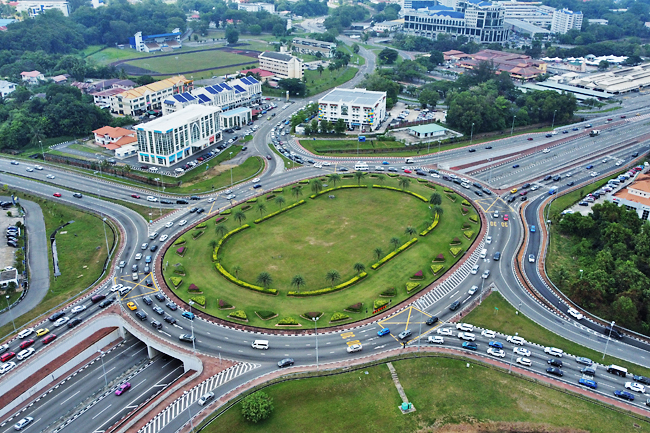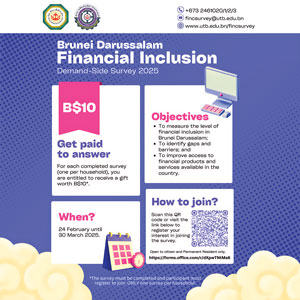Brunei Darussalam is among the 10 countries globally to have succeeded in reducing road traffic deaths by over 50 per cent, according to a World Health Organization (WHO) report published recently.
Other countries are Belarus, Denmark, Japan, Lithuania, Norway, Russian, Trinidad and Tobago, United Arab Emirates and Venezuela.
Among United Nations (UN) member states, 108 countries reported a drop in road traffic-related deaths between 2010 and 2021. Thirty-five more countries made notable progress, reducing deaths by 30 per cent to 50 per cent.
The WHO Global Status Report on Road Safety 2023 added that the annual number of road traffic deaths fell slightly to 1.19 million per year, yet with more than two deaths occurring per minute and over 3,200 per day, road traffic crashes remain the leading killer of children and youth aged five to 29 years.
It also showed that since 2010, road traffic deaths have fallen by five per cent to 1.19 million annually, however, road crashes remain a persistent global health crisis, with pedestrians, cyclists and other vulnerable road users facing an acute and rising risk of death.
“The tragic tally of road crash deaths is heading in the right direction, downwards, but nowhere near fast enough,” said WHO Director-General Dr Tedros Adhanom Ghebreyesus.
“The carnage on our roads is preventable. We call on all countries to put people rather than cars at the centre of their transport systems, and ensuring the safety of pedestrians, cyclists and other vulnerable road users.”
The report showed that 28 per cent of global road traffic deaths occurred in the WHO Southeast Asia region, 25 per cent in the Western Pacific region, 19 per cent in the African region, 12 per cent in the region of the Americas, 11 per cent in the Eastern Mediterranean region and five per cent in the European region.
Nine in 10 deaths occur in low- and middle-income countries and fatalities in these countries are disproportionately higher when set against the number of vehicles and roads they have.
The risk of death is three times higher in low-income than high-income countries, yet low-income countries have just one per cent of the world’s motor vehicles.
“Our mission at Bloomberg Philanthropies is to save and improve as many lives as possible, and one of the best ways to do that is to make more of the world’s roads safe for all,” said founder of Bloomberg LP and Bloomberg Philanthropies and WHO Global Ambassador for Noncommunicable Diseases and Injuries Michael R Bloomberg, who also wrote a foreword for the report.
“For more than a decade now, we’ve made encouraging progress together with the WHO and our partners. Still, as this new report makes clear, road safety demands stronger commitments from governments worldwide – and we’ll continue to urge more leaders to take lifesaving action.” – Azlan Othman






